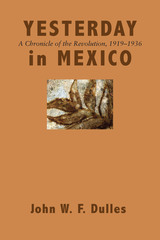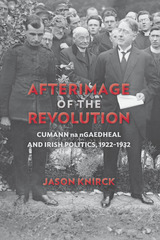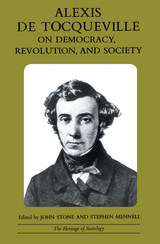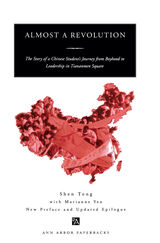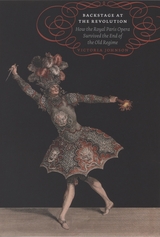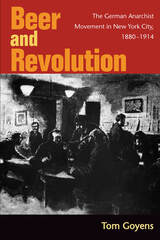The Letters of William Lloyd Garrison
Harvard University Press
Cloth: 978-0-674-52662-4
See other books on: Discrimination | Garrison, William Lloyd | Letters | Merrill, Walter M. | William Lloyd Garrison
See other titles from Harvard University Press
Cloth: 978-0-674-52662-4
ABOUT THIS BOOK | REVIEWS
ABOUT THIS BOOK
As early as 1842 Garrison advanced the idea of disunion, arguing that the Constitution was "a covenant with death." Distressed by Calhoun's signing of the annexation treaty for Texas, he prophesied that civil war was inevitable. Though plagued by illness and death in his immediate family throughout the years covered in this volume, Garrison drove himself to win supporters for the radical abolitionist cause. In 1846 he traveled to Great Britain, denouncing the Free Church of Scotland for accepting funds from South Carolina. While in England he lectured often with Frederick Douglass; the two embarked the following year on a grueling lecture tour of the western United States, heretofore the exclusive domain of moderate abolitionists. In 1848, despite the objections of close friends, Garrison held the controversial Anti-Sabbath Convention in Boston. Throughout these years he continued to write extensively for the Liberator and involved himself in a variety of liberal causes; in 1849 he publicized and circulated in Massachusetts the earliest petition for women's suffrage.
See other books on: Discrimination | Garrison, William Lloyd | Letters | Merrill, Walter M. | William Lloyd Garrison
See other titles from Harvard University Press

